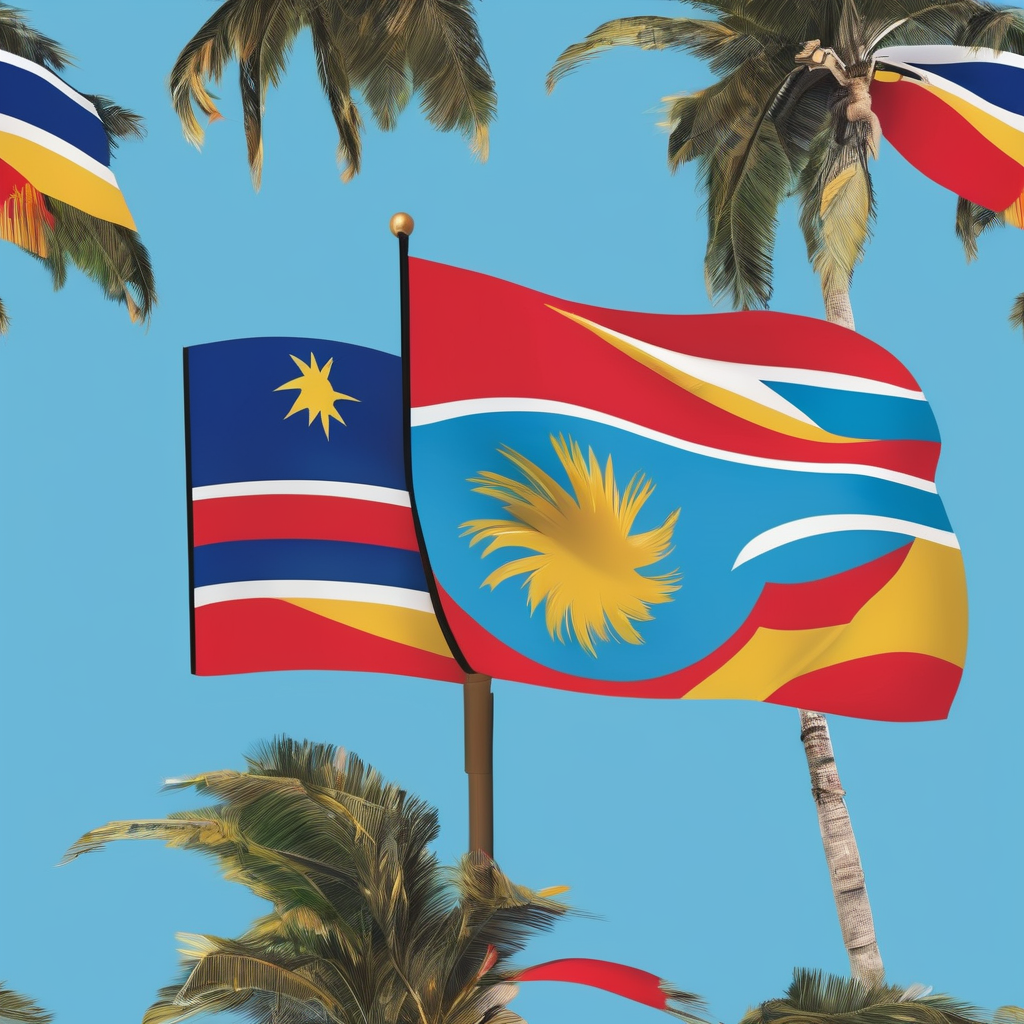Thierry Santa, the former President of New Caledonia, has officially resigned from his governmental role under the leadership of current President Alcide Ponga, who has taken over as head of the Rassemblement – Les Républicains, an anti-independence party. Santa, who previously held various ministerial positions, announced his decision to step back from politics and return to civilian life, emphasizing that his resignation was not a result of health issues or personal conflicts with Ponga.
Throughout his time in office, Santa was instrumental in leading regional discussions and was present at the Pacific Islands Forum in Tuvalu shortly after taking the position in 2019. He stressed the significance of regional integration, particularly in addressing climate change and biodiversity. However, his presidency came to an abrupt end in February 2021 when his government collapsed amid increasing tensions surrounding independence movements after two referendums on self-determination.
Later in 2021, as the COVID-19 pandemic continued to affect the region, France announced it would hasten a third referendum on self-determination. Santa highlighted that this decision arose from changing geopolitical dynamics, notably relating to the AUKUS pact involving Australia, the U.K., and the U.S. He pointed out that Australia’s choice to cancel a substantial submarine contract with France signified a shift in France’s approach toward its Pacific territories and a need for more independent action.
In the wake of Santa’s resignation, Naïa Wateou, an influential figure within the conservative anti-independence faction, has been appointed to assume his responsibilities. This transition occurs during a significant moment in New Caledonia’s political scene, as various factions prepare for crucial dialogues.
The election of Tjibaou as president of the Union Calédonienne (UC) marks another pivotal development. His leadership, which emerged during the UC’s Congress, serves as a beacon of hope for creating a more cohesive dialogue within the pro-independence movement, which has been experiencing notable internal divisions. Tjibaou’s rise could enhance political engagement, especially among the youth, as the region braces for crucial negotiations with the French government aimed at reaching a comprehensive political agreement by March 2025. These discussions will seek to address issues of shared sovereignty and independence in partnership, shaping the future of New Caledonia.
These unfolding events underscore a crucial juncture for New Caledonia. With local leaders reevaluating their roles and working to unify differing viewpoints towards shared objectives, there is growing optimism for stability and progress in the region’s governance and political landscape.
